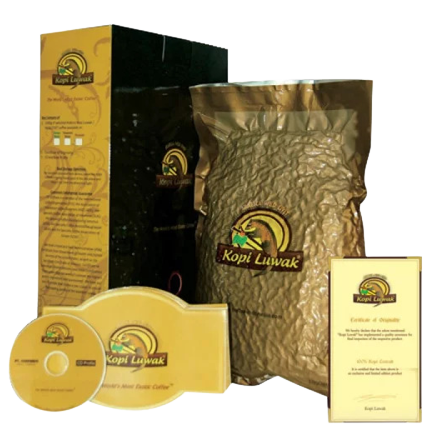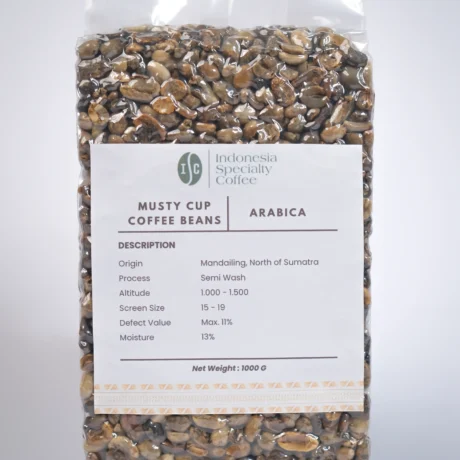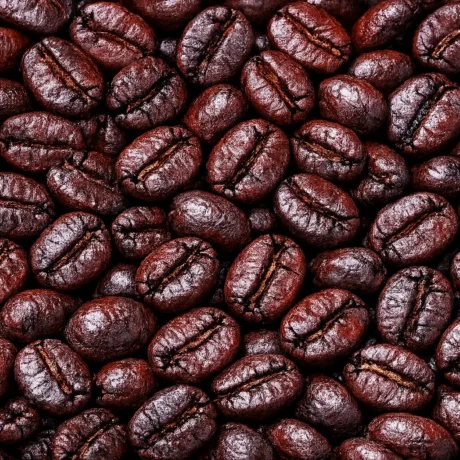Hey there, fellow coffee lovers and home brewing adventurers!
Ever found yourself scrolling through social media or chatting with a friend about coffee, only to hear something that makes you raise an eyebrow? “Coffee will stunt your growth!” “Dark roasts have more caffeine!” “Adding salt to coffee makes it less bitter!” The world of coffee is absolutely brimming with fascinating facts, but let’s be honest, it’s also a hotbed for some pretty wild myths.
As your friendly neighborhood coffee enthusiast and content writer for Indonesia Specialty Coffee, I’m here to spill the beans (pun absolutely intended!) on some of these pervasive coffee “truths.” Why do these coffee myths persist? Often, it’s because the full story isn’t widely known, or perhaps a kernel of truth got stretched into a tall tale. Today, we’re going to dive deep, separate the hearsay from the genuine brew-someness, and empower you with knowledge that will not only enhance your coffee experience but also make you the most informed person at your next coffee gathering!
Myth & Fake: Let’s Bust Some Common Coffee Blunders!
Myth 1: Darker Roasts Have More Caffeine.
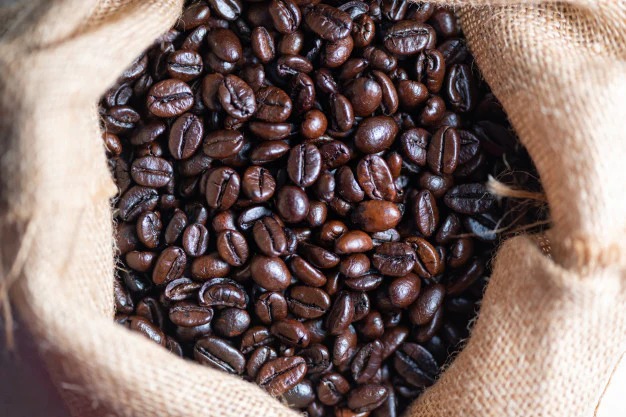
The Fake-Out: This is perhaps one of the most common coffee misconceptions out there! Many people associate the bold, intense flavor of a dark roast with a more powerful caffeine kick.
The Delicious Reality: Surprise! Lighter roasted coffees actually tend to have slightly more caffeine than darker roasts. Here’s why: Caffeine is a relatively stable compound, but the roasting process itself burns off a small amount of it. The longer coffee beans are roasted (which happens with darker roasts), the more caffeine gets roasted out. Think of it like cooking: the longer you cook something, the more some compounds might degrade or evaporate. Scientific analyses of caffeine content in different roasts consistently show this slight reduction in darker roasts. So, while a dark roast might taste stronger, a light roast is your go-to for that extra jolt!
The Most Luxurious Coffee in the World
Myth 2: Coffee Dehydrates You.
The Fake-Out: For years, we’ve heard that coffee acts as a diuretic, leading to dehydration. Many people believe they need to drink an extra glass of water for every cup of coffee.
The Delicious Reality: While caffeine does have a mild diuretic effect, numerous studies, including research published by institutions like the University of Birmingham’s School of Sport and Exercise Sciences, have shown that regular coffee drinkers develop a tolerance to it. Moderate coffee consumption (around 2-4 cups a day) contributes to your daily fluid intake and does not lead to dehydration in regular consumers. Your body adapts! Of course, staying hydrated is always important, but you don’t need to overcompensate for your morning brew with an equal amount of water.
Myth 3: Storing Coffee in the Fridge/Freezer Keeps It Fresher Longer.
The Fake-Out: It seems logical, right? Cold environments preserve food, so why not coffee?
The Delicious Reality: Actually, the opposite is true for regular coffee beans and ground coffee. Coffee is highly porous and acts like a sponge, readily absorbing moisture, odors, and flavors from its surroundings. Storing coffee in the fridge or freezer, especially if it’s not in an airtight, opaque container, can introduce condensation (leading to staleness as moisture extracts volatile compounds) and unwanted flavors (hello, onion-flavored coffee!). Coffee industry experts and organizations like the Specialty Coffee Association (SCA) consistently advise against refrigeration for opened coffee. Your best bet is to store your coffee in an airtight, opaque container at room temperature, away from direct sunlight and heat. If you buy coffee in bulk and truly need to store some for an extended period (weeks or months), an unopened bag can be frozen to significantly slow down oxidation, but once opened, it’s best consumed relatively quickly and stored at room temp.
Read more about how to store your coffee.
Myth 4: Adding Salt to Coffee Eliminates Bitterness.
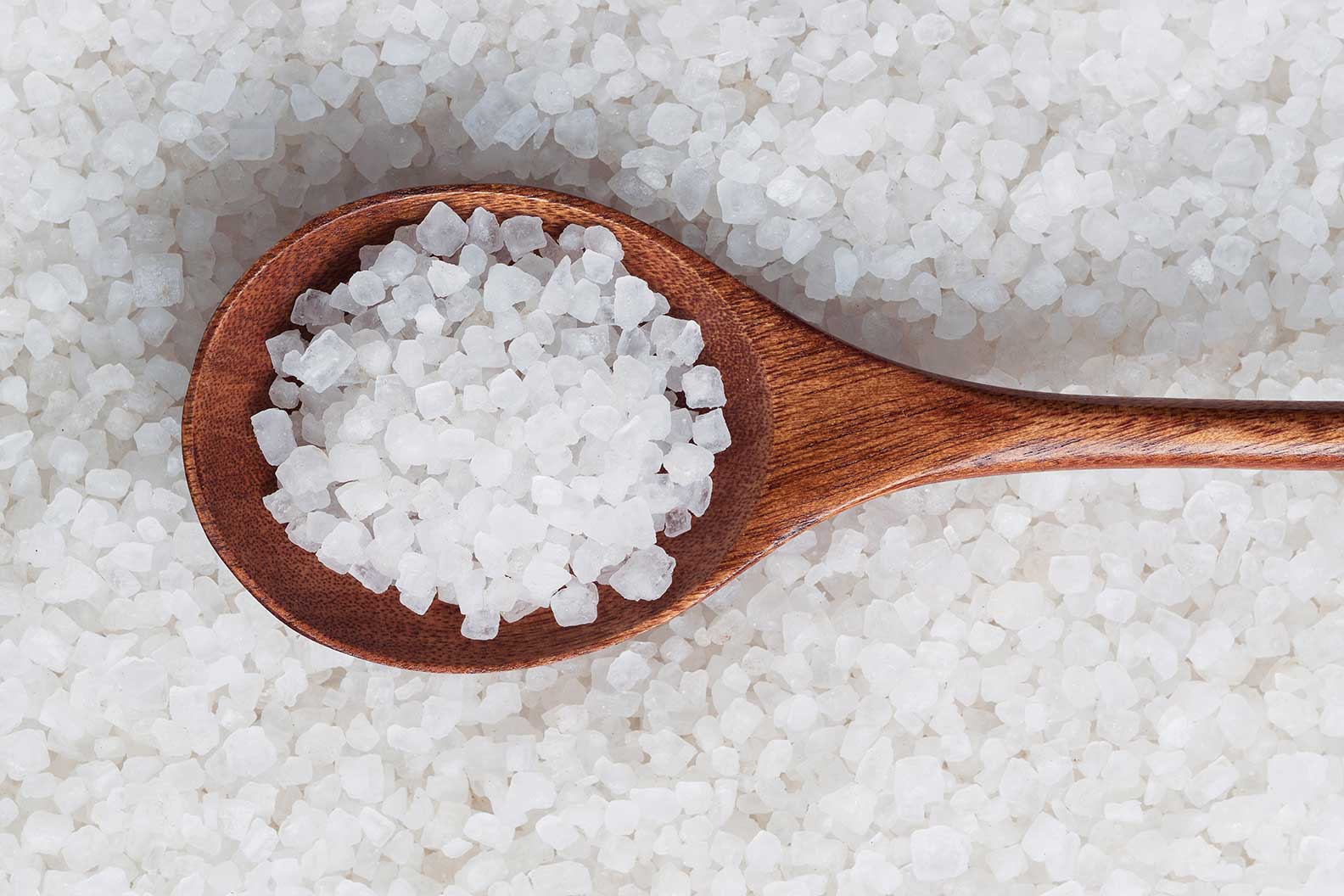
The Fake-Out: This one pops up occasionally as a “secret trick” for a smoother cup.
The Delicious Reality: While salt can indeed enhance certain flavors and even reduce perceived bitterness in some foods by affecting our taste receptors, its effect on coffee is more nuanced. A tiny pinch of salt might subtly alter the perception of bitterness for some individuals, possibly by masking certain bitter compounds. However, it won’t magically transform a poorly brewed or low-quality coffee into a masterpiece. Bitterness in coffee is often a sign of over-extraction (brewing for too long or with water too hot), poor bean quality, or an uneven grind. Sensory science shows that addressing the root cause of bitterness (like proper grind size and brew time) is far more effective than adding a masking agent. Focus on refining your brewing technique and using fresh, quality beans for the best results!
Read more about adding salt to your coffee.
Myth & Truth: Unpacking the “Why” Behind the Wisdom
Myth 5: Espresso Has Way More Caffeine Than Regular Coffee.

The Truth (with a Twist!): Per ounce, yes, espresso does have significantly more caffeine than drip coffee. A single shot of espresso (about 1 ounce) contains around 60-100mg of caffeine, while a standard 8-ounce cup of drip coffee might have 95-200mg.
The Nuance: The truth lies in the serving size. Most people drink an 8-ounce (or larger!) cup of drip coffee, but only a small shot of espresso. So, while espresso is a concentrated dose, you’re usually consuming a much larger volume of drip coffee, which often means you’re getting more total caffeine from your morning regular cup than from a single espresso shot. Data from the USDA National Nutrient Database confirms these varying caffeine concentrations per serving.
Myth 6: Coffee is Bad for Your Heart.
The Truth (with Reassurance!): For a long time, coffee was unfairly blamed for heart problems.
The Science-Backed Reality: Extensive research from reputable organizations like the American Heart Association (AHA) and numerous large-scale epidemiological studies have largely debunked this myth for most healthy individuals. In fact, moderate coffee consumption has been linked to a reduced risk of several chronic diseases, including type 2 diabetes, Parkinson’s disease, and even some cancers. Studies have also shown that moderate coffee intake can be associated with a lower risk of heart disease and stroke for many. Of course, if you have a pre-existing heart condition or are sensitive to caffeine, it’s always best to consult your doctor. But for the average coffee lover, enjoy your brew guilt-free!
Myth 7: Coffee Stunts Growth.
The Truth (a Relic from the Past!): This is an old wives’ tale that simply isn’t supported by scientific evidence.
The Actual Scoop: This myth likely originated during a time when medical knowledge was less advanced and many common substances were viewed with suspicion, or perhaps from misinterpretations of caffeine’s effects. There is no scientific basis, according to major health organizations and medical research, to suggest that coffee consumption, even in adolescents, impacts growth or height. This claim is purely anecdotal and not supported by human physiology or long-term studies.
Conclusion: Brew Smarter, Not Harder!
So there you have it, fellow coffee enthusiasts! The world of coffee is rich with flavor, aroma, and yes, a few persistent myths. By understanding the truth behind these common misconceptions, you’re not just gaining knowledge; you’re empowering yourself to make better brewing decisions, appreciate your coffee even more, and confidently share your expertise with others.
Remember, coffee is an incredible journey of discovery, and your home brewing setup is your personal laboratory. Don’t be afraid to experiment, learn, and most importantly, enjoy every single delicious drop. Keep exploring, keep brewing, and keep that coffee passion alive!
Cheers to great coffee and informed sips!


